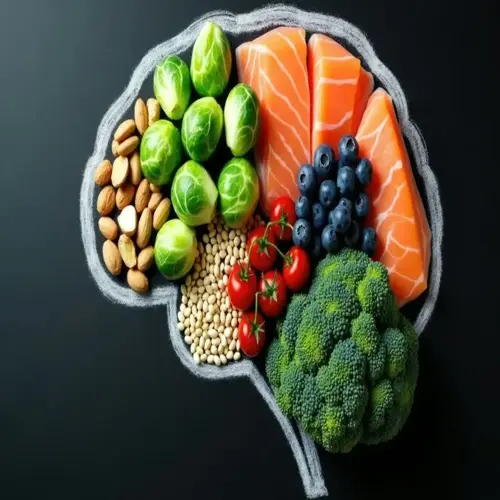Is a gluten-free diet automatically healthier?

Written by
Chen Jialiang
Reviewed by
Prof. Graham Pierce, Ph.D.Many people think that gluten-free equals healthier eating, but this isn't always the case. People with gluten sensitivities can benefit from gluten-free diets. Processed gluten-free foods often contain higher amounts of sugar and fat than their regular counterparts. Eating whole foods yields real health benefits compared to packaged foods.
Processed Gluten-Free Products
- Often use refined starches like tapioca or potato flour
- Contain 30% more sugar on average for palatability
- Lack B vitamins and iron unless artificially fortified
- Frequently include extra fats to improve texture
Naturally Gluten-Free Whole Foods
- Fresh produce provides natural vitamins and antioxidants
- Lean proteins offer complete amino acid profiles
- Whole grains like quinoa supply fiber and minerals
- Healthy fats from sources like avocados and nuts
The nutritional value depends entirely on the foods you eat. Swapping whole wheat bread for a gluten-free version adds empty calories. Eating quinoa salads instead of sandwiches substantially increases the nutritional value. Focus not only on the foods you avoid but also on the foods you eat to gain the most benefits.
People without medical needs gain no built-in benefits from being gluten-free. First, whole food nutrition is best, irrespective of gluten. Secondly, dietary assessment should be conducted by registered dietitians, based on individual needs rather than trends. Lastly, balanced eating patterns produce better long-term results than restrictive diets.
Read the full article: 10 Gluten Free Benefits You Should Know

